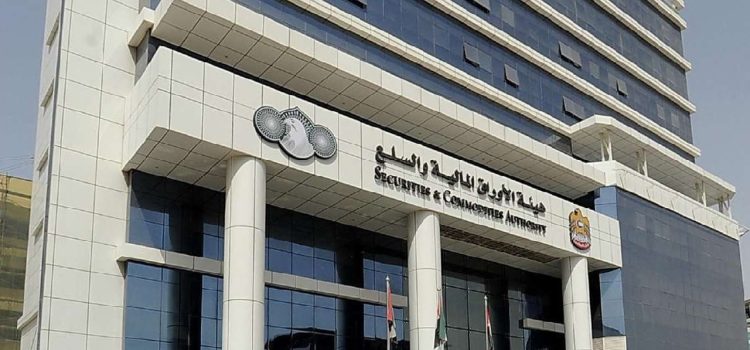
As per a recent announcement, WorldCoin, blockchain and AI based digital identity protocol World ID has launched one of its orbs in Dubai UAE, at Crypto Oasis Centre.
World ID according to WorldCoin ia a more human internet with global proof‑of‑personhood. Privacy‑First. Self‑custodial. Decentralized.
Worldcoin is dramatically increasing access to World ID—the digital identity protocol powered by the Worldcoin ecosystem. The project will increase the number of available Orbs to 1.5K throughout the summer and fall in more than 35 cities around the world. One of those cities listed is Dubai UAE.
The World ID Orb will be located at Crypto Oasis Innovation Hub, Gate C, Floor 1, Office 176, DIFC
Over the last six months of its beta phase, the Worldcoin project has verified the uniqueness and humanness of more than 40,000 individuals per week. The availability of 1.5K Orbs will more than 5x sign up capacity globally and enable millions of additional people to join the 2 million who have already signed up for World ID.
In countries like Spain, where more than 150K people have already verified their World ID, the project will scale its existing operations up to 3x in the coming months. In other countries such as France and Brazil, for a limited time pop-ups will allow people to locate a nearby Orb and sign up for World ID.
To review, the Orb, which was originally developed by Tools for Humanity (TFH), is the first custom biometric imaging device built for the Worldcoin project to verify humanness and uniqueness in a secure and privacy-preserving way. Anyone with a World ID-compatible wallet, such as TFH’s World App, can sign up for World ID at an Orb by visiting a Worldcoin Operator location or community specialist to access an Orb.
Currently and in the future orbs will be available in Dubai, Kampala, Nairobi, in the MENA region. As for the Americas, it will be available in Bariloche, Bogota, Buenos Aires, Cordoba, Los Angeles, Mar del Plata, Mexico City, Miami, Monterrey, New York, Rio de Janeiro, Santiago, San Francisco, and São Paulo
In Asia the orb is and will be available in Bangalore, Delhi, Ho Chi Minh City, Hong Kong, Manila, Seoul, Singapore, and Tokyo. While in Europe it will be available in Barcelona, Berlin, Bilbao, Lisbon, London,Madrid, Munich, Palma de Mallorca, Paris, Porto, Sevilla, Valencia, and Warsaw
On July 24, the OpenAI CEO Sam Altman announced the launch of the Worldcoin protocol and the WLD token after years in development.
Altman claims that Worldcoin could eventually pave the way for AI-funded universal basic income — all while “preserving privacy.”
Backed by Andreessen Horowitz, Khosla Ventures, and LinkedIn’s Reid Hoffman, the startup has already raised close to $250 million as it begins to roll out its new global initiative. Prior to Monday’s debut, the company has already experienced a significant wave of interest, with over two million users participating in its beta version.

















